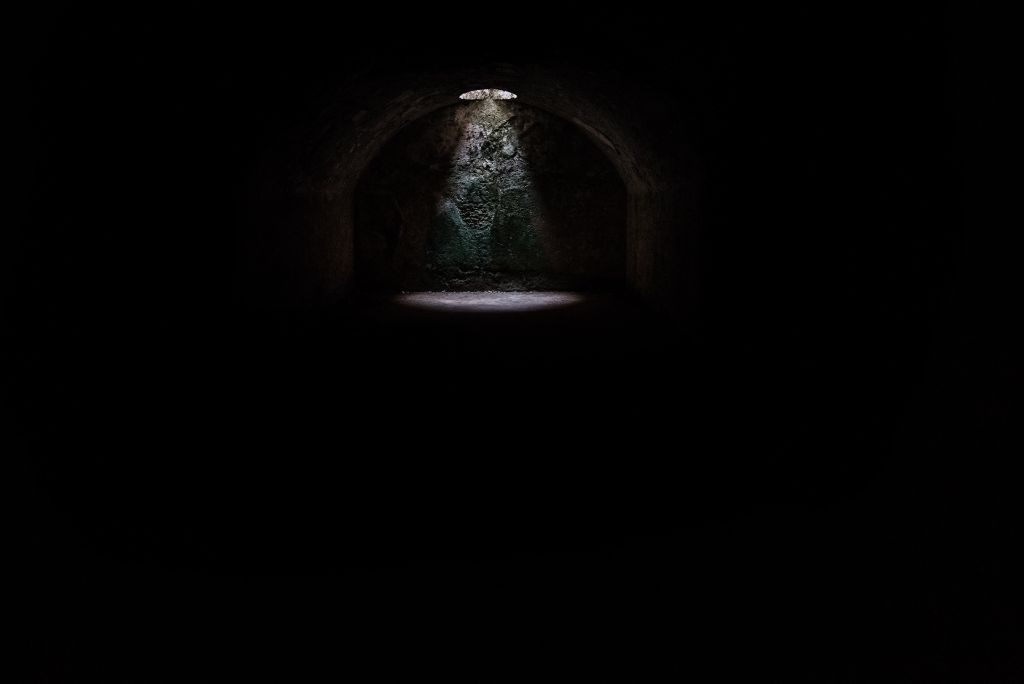
The Sometimes Shining Deceptiveness of Darkness
Do you remember the food pyramid? Depending on when you grew up and where you went to school, you might have seen a detailed graphic explaining the food pyramid hanging in your classrooms or in your cafeteria. Although the food pyramid was popular in the 1990’s and early 2000’s, it was challenged by many dieticians and nutritionists and is no longer used to reference a healthy diet.
I’m not here today to provide commentary on the validity of the food pyramid. If you studied my diet, you would be alarmed at the amount of fried chicken I eat – but hey, I work at a restaurant that serves the best fried chicken you’ll find anywhere, so I should get a pass.
What I do think is relevant here is the idea that when you think something is healthy that actually isn’t, you can put yourself in a pretty precarious position that can do a great deal of short-term and long-term harm. This isn’t just my idea either – it’s one you’ll see Jesus address as well.
In Matthew 6:22-23 (NLT), which recounts the Sermon on the Mount, Jesus says, “Your eye is like a lamp that provides light for your body. When your eye is healthy, your whole body is filled with light. But when your eye is unhealthy, your whole body is filled with darkness. And if the light you think you have is actually darkness, how deep that darkness is!”
Jesus introduces two potential problems here, and each can have a detrimental effect on our lives and our pursuits. The first issue Jesus identifies is pretty obvious: a life rooted in darkness is unhealthy, and we should be people who prioritize the presence of light and the pursuit of righteousness. This teaching isn’t hard for most of us to understand – even if applying it to our daily lives can be an ongoing practice.
The second issue – which often goes unnoticed when we look at this passage – is a little more difficult to identify, but I believe it’s equally important. Jesus points out that somebody can be filled with darkness but THINK that they are living in light. These people do evil and destructive things while believing that God supports (or even commands) how they are living.
Why does this happen? Sometimes, these people are unfortunately misinformed and misguided. They hear the wrong message from the wrong person and they accept it at face value. Other times, people are portraying an outward pursuit of righteousness and Godliness, while inside they care most about selfish ambition. Their goals in life are less about honoring God and serving others and more about claiming as much individual power and prestige as possible.
If we’re going to become the people God has called us to be and serve Jesus to the best of our abilities, we must proceed with great caution as we discern what we believe and why we believe it. We must anchor our perspective on Godliness in the words of Scripture, and we must constantly remind ourselves that our lives aren’t about our own happiness or success, but about making God’s name and message known throughout the world.

